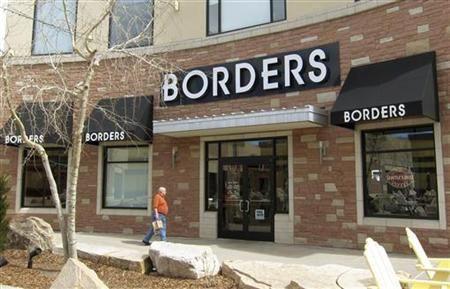Borders Agrees to Purchase by Direct Brands

The fast-changing book world continues to reshape as Borders, once America's second-largest book chain and still losing revenue and cash since shutting down more than 200 stores after filing for bankruptcy, has found a buyer for its beleaguered and debt-ridden assets.
Direct Brands, a portfolio company of Najafi, will purchase Borders' assets for $215.1 million in addition to assuming roughly $220 worth of liabilities, if the deal is approved by the bankruptcy court. The purchase and debt assumption is subject to approval from the bankruptcy court. The deal will be considered on July 21.
Borders agreed to the deal, a stalking horse bid, after considering two offers, and the Ann Arbor, Mich.-based company plans to seek approval from the bankruptcy court.
Borders believes a sale provides the best path forward to reposition the business for a successful future and to maximize value for the company's stakeholders, the company said in a release.
Najafi bought direct brands in 2008. Direct Brands is the owner of Book-of-the-Month Club, Doubleday Book Clubs and Columbia House.
Private-equity investor Alec Gores was also trying to buy Borders through the stalking horse bid process for Borders.
Brick-and-mortar bookstores have struggled since the recession and the fast growth of digital books. Late last year Barnes and Noble, America's largest bookstore chain, said it was in discussions for a possible sale and looking at other strategic options for the future since it it was losing money as buyers pulled away from hardcover books, the most lucrative product brick-and-mortar stores have traditionally sold.
Borders has struggled for years. The company opted for a decade to avoid developing its own online bookstore, as Barnes and Noble did, partnering for many years with Amazon instead before launching its own online bookstore in the past year. That move was viewed by many industry observers as costly to Borders' future.
Previously a publicly traded stock, Borders has lost millions of dollars in recent years, and in closing 200 stores since filing for bankruptcy, some properties like one near Wall Street in New York that were once among the chain's highest volume stores are now shuttered, empty and up for lease.
Borders said there would be no changes in its day-to-day operations pending approval of the sale.
© Copyright IBTimes 2025. All rights reserved.





















